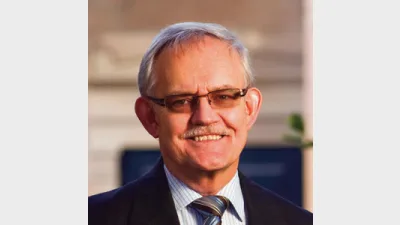Demand doubles for NGS Super seminars



Growth in NGS Super's national seminar program is expected to double in 2013, while demand for employer seminars will reach 73 per cent, it said.
Due to the flood of baby boomers starting to retire and member feedback, the company had increased the frequency and variety of seminar topics, NGS Super Financial Planning manager of financial advice and education, Andrew Dunkerley said.
He said member demographics and feedback the fund had received had led it to increase its focus on Centrelink and retirement seminars, pre-retirement advice seminars and wealth creation seminars.
"In 2013 we'll hold more regional seminars than we have previously, meaning we can reach more members and provide them with greater value," he said.
"This rapid growth demonstrates that we are fulfilling a genuine demand for information among our members."
NGS Super chief executive Anthony Rodwell-Ball said workplace and national seminars had helped increase member engagement after mergers with CueSuper in April 2011 and UCSuper in March 2012.
"We've focused heavily on engaging with the fund's new members and employers from the mutual finance and community sectors, while continuing to maintain a very high quality of service to the fund's existing member and employer base in the education sector," said Rodwell-Ball.
He said he expected demand for its seminar series to increased as more and more members approach or enter retirement.
NGS Financial Planning is owned by NGS Super.
Recommended for you
Introducing a cooling off period in the process of switching super funds or moving money out of the sector could mitigate the potential loss to fraudulent behaviour, the outgoing ASIC Chair said.
Widespread member disengagement is having a detrimental impact on retirement confidence, AMP research has found.
Economists have warned inflation risks remain elevated even as the RBA signals policy is sitting near neutral after its latest hold.
Australia’s superannuation funds are becoming a defining force in shaping the nation’s capital markets, with the corporate watchdog warning that trustees now hold systemic importance on par with banks.










